By Brian Dooley
Fifty years ago, civil rights leader Bernadette Devlin caused havoc in the Irish American community by calling out doubling standards on support for justice in the north of Ireland but not in the United States.
She criticized the “contradiction” of Irish Americans opposing civil rights in Boston but supporting them in Belfast. I’ve written before about the Irish American organization in Philadelphia which allowed a banner into the 1969 St. Patrick’s Day parade on condition it made clear it supported civil rights in Ireland and not in the U.S.
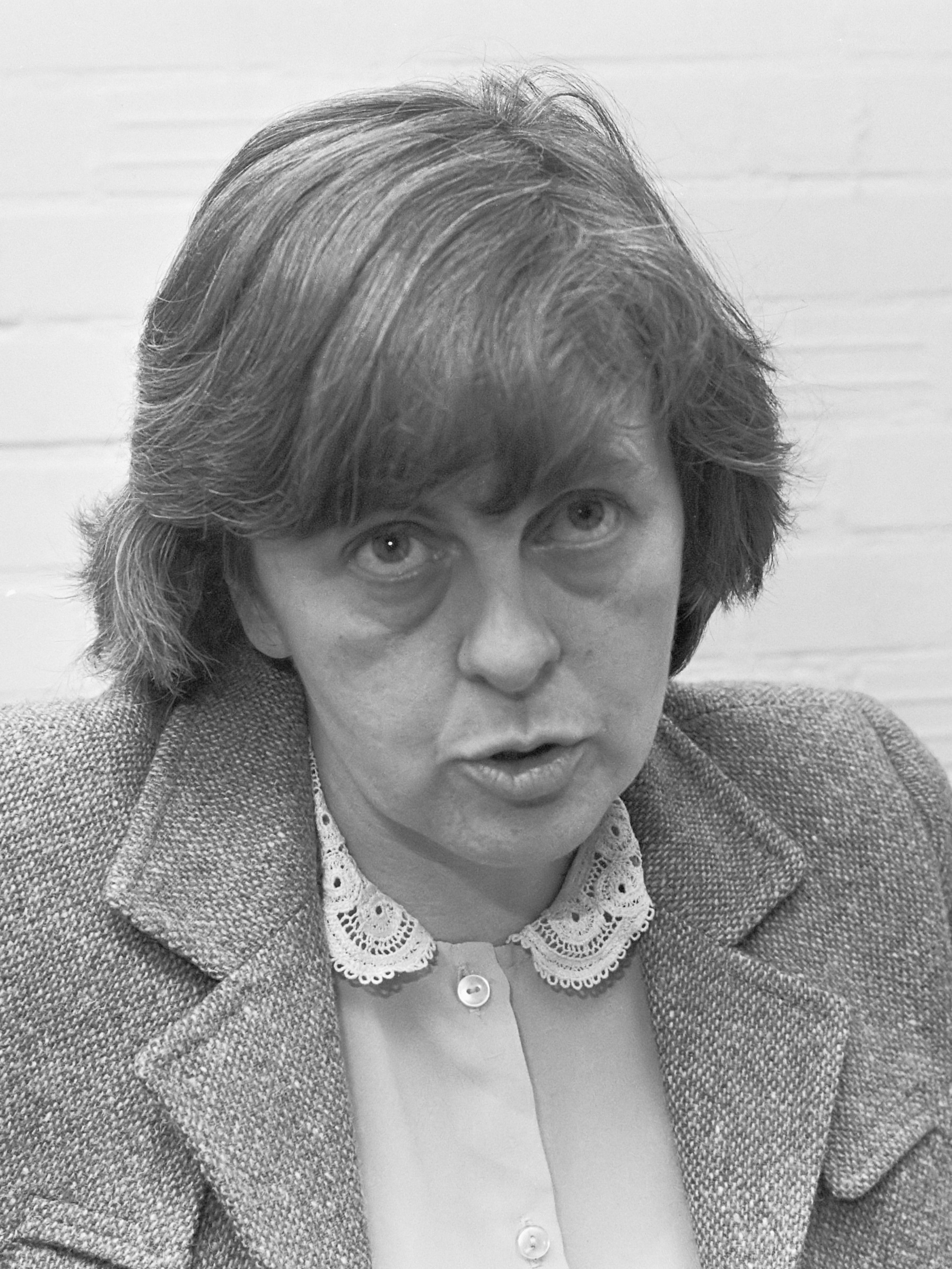
When the Mayor of New York presented Devlin with the keys of the city she handed them over to the Black Panthers, and when she visited black radical Angela Davis in prison in California in 1971, it provoked uncomfortable conversations in Irish American communities across the country. Davis later told me she remembered the “resistance” from the local Irish American community to Devlin’s visit.
Daniel O’Connell had done much the same 120 year before, causing chaos in Irish-American political circles when he criticized those who wanted Irish people to be liberated from Britain, but not for U.S. slaves to be liberated from their slaveowners.
Then, as now, Irish America is deeply split on how to react to what’s happening across the U.S., and Irish America’s reputation for racism is there for a reason.
In cities across the U.S. Irish Americans have been the spine of local law enforcement, which has too often been seen to suppress legitimate black protest. Irish names pop up embarrassingly often in the history of segregation and anti-black policing. Irish nationalist hero John Mitchel, leader of the 1848 rising, ended up as a prominent supporter of the southern confederacy, musing on a future Irish republic with “an accompaniment of slave plantations.”
A century later the notorious police commissioner in Birmingham, Alabama was Eugene “Bull” Connor, the Cook County State’s Attorney who directed operations against the Black Panthers in Chicago Edward Hanrahan, and the FBI agent tracking civil rights activists in Mississippi Thomas Fitzpatrick. Former Black Panther official Kathleen Cleaver told me “There were too many Irish policemen who conveyed racist attitudes.”
The stereotyping of Irish America as racist is all too easy. Senior Irish-American politicians continue to feed the reputation, either by demonizing American Muslim communities, supporting the anti-Muslim travel ban, walking out of sports events in protest at peaceful anti-racist demonstrations, or denying systemic racism in U.S. law enforcement.
But that’s not the whole story. Irish America isn’t one mindset, and is far more textured and layered than that. It was an Irish priest in San Francisco, Father Eugene Boyle, who was the first to open his doors to the Black Panther free breakfast program when it began in 1969. According to the Black Panther newspaper he allowed his Sacred Heart parish hall to be used for Panther political meetings, and appeared as a character witness for Black radical leader Bobby Seale when he was on trial for murder.
In Hattiesburg, Mississippi in the mid-1960s, Irish-American Father Peter Quinn helped organize a local NAACP boycott of local businesses. Dr. Martin Luther King used to sleep at the priest’s house when the civil rights leader visited the city.
And at that time it was Irish American politician Bobby Kennedy who understood and addressed structural white racism in the U.S. in a way few white politicians – or people – grasped then, or now. Now Jack Dorsey of Twitter is taking on President Trump over his tweets about the George Floyd protests.
And the connections between black American activists and Ireland continue to grow. Within days of George Floyd’s killing there was a vigil in Derry, a mural of Floyd in Dublin, and a 5,000-strong protest to the U.S. embassy on the streets of Ireland’s capital.
Representatives of the U.S. Black Lives Matter movement have for years spoken at Bloody Sunday commemorations in Derry.
This alliance has a long tradition, from former slave and abolitionist Frederick Douglass visiting Ireland in the 1840s and striking common cause with Daniel O’Connell, to radical black leader Marcus Garvey’s support for Sinn Féin and hunger striker Terence MacSwiney in the 1920s, to the artistic connections between the Gaelic revival of the early 1900s and the Harlem Renaissance 20 years later.
Irish-Americans have long legacies of anti-racism in the U.S. and in Ireland to draw and, and learn from. These traditions go beyond the simplistic stereotype of the racist Irish American cop, but there are reasons why those stereotypes exists, and why accusations persist of double standards about opposing discrimination on both sides of the Atlantic.
Now’s an opportunity for Irish American organizations and individuals to stand publicly on the side of justice, against police brutality, and against structural discrimination. Just like they have for many years when it comes to Ireland.
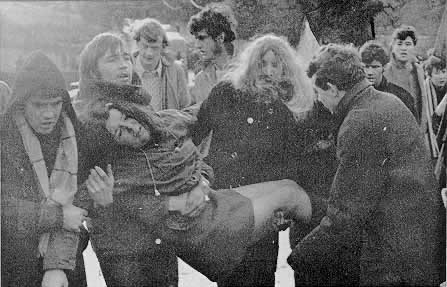
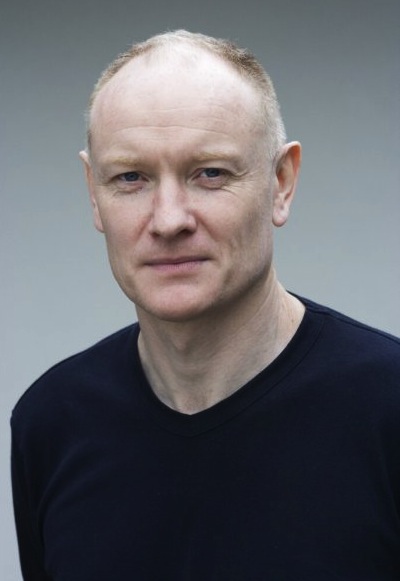 Brian Dooley is a Senior Advisor for Human Rights First as well as author of Choosing the Green: Second Generation Irish and the Cause of Ireland.
Brian Dooley is a Senior Advisor for Human Rights First as well as author of Choosing the Green: Second Generation Irish and the Cause of Ireland.
Follow Brian on Twitter @dooley_dooley.

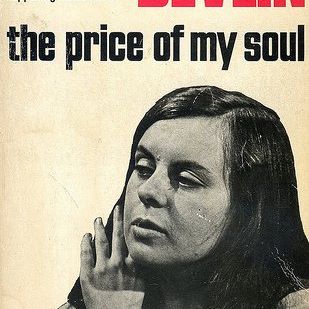
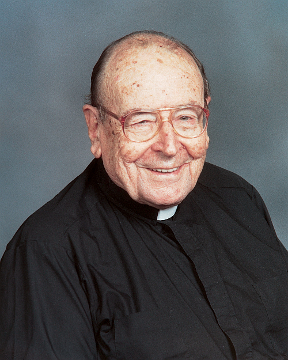
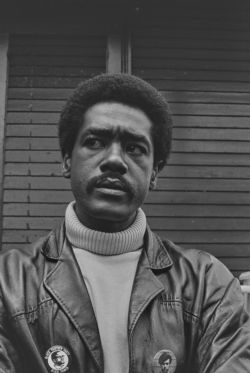
As a second generation Irish American I just love to hear someone born in Ireland preach to us about our racism. I Mr. Dooley was born in Harlem in 1938. Raised in Manhattan and the Bronx. Yet you seem to know all about us and how wee dealt with racism and at the time why it was so. We have come a long way . Angela Davis really? Killed police officer and is living free in Communist Cuba. I always remember Father Greeley a well known author who visited Ireland and said the amount of Anti Americanism disgusted him . They wouldn’t have survived as a free nation without the help of the Irish in America. Sincerely, Pat Farrell
Patricia that is not Angela Davis. Angela Davis is a professor in California. Your racism is showing. I am a 3rd generation Irish American and I think this article is spot on. I would love to speak with you further about how we reckon with this past and current situation. I will contact you on twitter